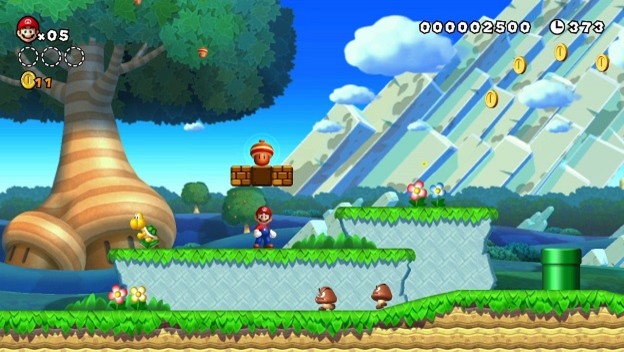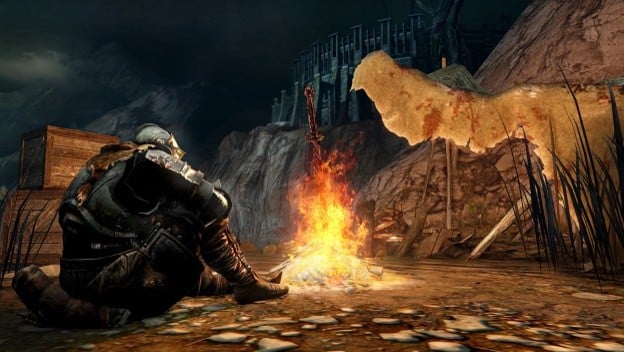Games are beautiful things. They can feature breathtaking scenic views, multiple albums worth of exceptional music, narrative twists, and a myriad of other fantastic reasons to play them. From start to finish, a good game keeps up its quality, and with every conquest comes the promise of another reward. If this weren’t the case, then why play them?
The short answer is that these conquests are enough for some players, and there’s nothing wrong with that. A game’s systems and mechanics should be worthwhile in and of themselves, and learning them so that you can overcome a game’s many challenges is an enthralling facet in a multifaceted production. Dark Souls , Bloodborne , and Sekiro: Shadows Die Twice are great examples of this, although they also present the player with so much more than a challenge; they’re also aesthetically pleasing. Old school bullet hell games, like Ikaruga , switch the ratio towards the challenge, favoring to put the game’s difficulty in the spotlight. I love Ikaruga and I’ve never beaten it. I’m okay with trying and failing again and again, although I am curious what is in store in the later levels.
Fortunately, I’ve had some luck with Dark Souls . I love that game, and its design isn’t so oppressive that I can’t overcome its hurdles. There are also frequently easy ways around its obstacles. The ability to summon friends to your aid or call upon powerful NPCs present a bit of an “easy mode” in a game whose motto is, basically, “you’re going to die a lot.” As a result, I’ve seen its beautiful, towering locales and explored it’s eerie depths. I’ve been able to wander around, finding items rife with flavor text that hint at the already dark narrative’s depressing, implicit undercurrent. It has made me fall more deeply in love with the game.
But what about gamers who struggle with this? Certainly, there are games I haven’t been able to fully grasp and have subsequently quit, due to a lack of time or willingness. It isn’t that these games are bad; they just don’t jive with me mechanically. In these cases, I’ve had to listen to others talk about what I was missing out on. Things like “just get past such and such, and then the game really opens up,” or “trust me, it’s worth it.”

I think about my favorite games. I think about the twist in Shadow of the Colossus and that game’s emotional payoff that doesn’t occur until its final moments. By no means is that a difficult game, but I could see it alienating some. I don’t think a gamer needs to be “hardcore” to deserve to see this ending. What if we could select our difficulty?
Lots of games do come with difficulty settings. Often, this means that the health and damage values of enemies are adjusted, rendering some opponents into absolute bullet sponges. This can prolong the game and offer a challenge to those who seek it. Nintendo has also offered invincible characters in some of its titles, like New Super Mario Bros. U Deluxe. In the case of the latter, this means people of all ability levels can play with their friends. In the case of the former, a game’s ending is more accessible to all.
I’d like to see more games offer the latter because, well, who is it really hurting? Changing HP values should be easy enough in most games, so I also think that should be a given. It’s fine to lock things like trophies or in-game items behind certain difficulties, but the full experience should be more accessible. Difficulty is only one part of how we derive joy from games, and there’s no shame in requiring an easier mode in order to see everything a game has to offer.
